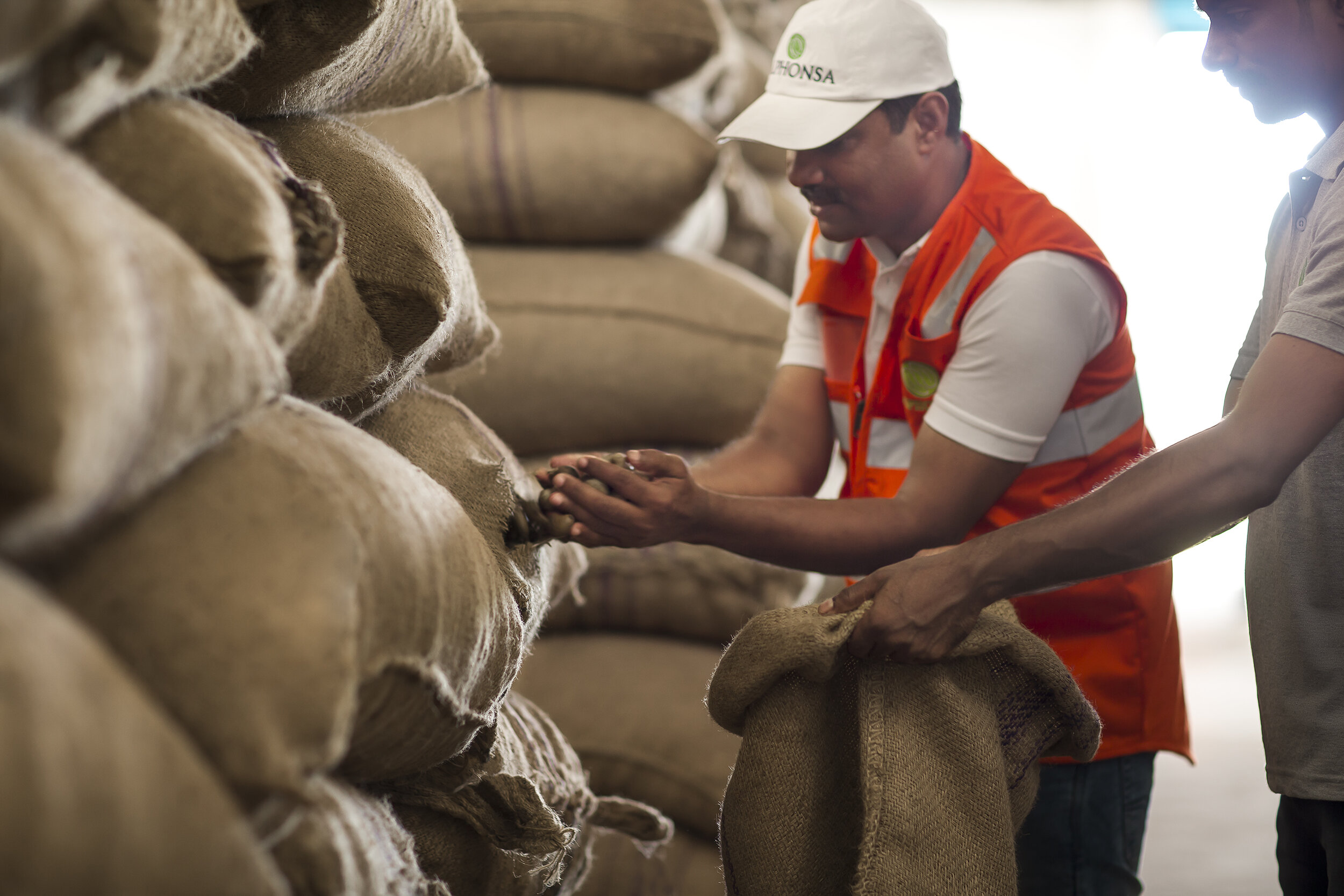SUSTAINABLE FUTURE
ANTI-CORRUPTION POLICY
We believe all of our employees have an obligation to conduct themselves in an honest and ethical manner and act in the best interest of the company at all times.
All employees that face or has direct interaction with our customers and suppliers are required to conduct themselves in accordance with the letter and spirit of our founding ethics, including anti-corruption practices. We organise regular training sessions and awareness programmes on anti-corruption practices.
Our Policy
To work with supply chain partners that comply with all applicable local laws and regulations related to bribery and corruption.
It is unacceptable for anyone in the company to receive or pay bribes or any other form of a corrupt payment.
Facilitation payments of all kinds are prohibited.
Business partners are expected to share our commitment to ethical business practices
Certification
Sedex SMETA 4 Pillar (Certification in Progress)
Sedex Members Ethical Trade Audit (SMETA) is one of the most widely used ethical audit formats in the world. The certification encompass all aspects of responsible business practice and provides a globally-recognised to assess Sedex’s four pillars of Labour, Health and Safety, Environment and Business Ethics. The measurement criteria are based on the Ethical Trading Initiative ETI Base Code and is based on both international standards and International Labour Organization (ILO) conventions.
Initiative
Signatory to United Nations Global Compact
Alphonsa Cashew Industries formally joined the United Nations Global Compact in the Food Producers category on 1st October 2018. UN Global Compact is the world’s largest corporate sustainability initiative, with thousands of business participants and other stakeholders from civil society, labour and government based in over 160 countries. UN Global Compact requires participants to internalise the Ten Principles within the company’s strategies, policies and operations, and to advance broader development goals of the United Nations, particularly the Sustainable Development Goals. The Ten Principles of the United Nations Global Compact are derived from: the Universal Declaration of Human Rights, the International Labour Organisation’s Declaration on Fundamental Principles and Rights at Work, the Rio Declaration on Environment and Development, and the United Nations Convention Against Corruption.
Framework
United Nations Convention Against Corruption
Guiding Principle
UNGC Principle 10
Businesses should work against corruption in all its forms, including extortion and bribery.
Guide
Alphonsa Cashew Industries Code of Conduct
Alphonsa Cashew Industries Anti-Bribery Policy
Handbook
Download our Anti-Corruption Policy Handbook








